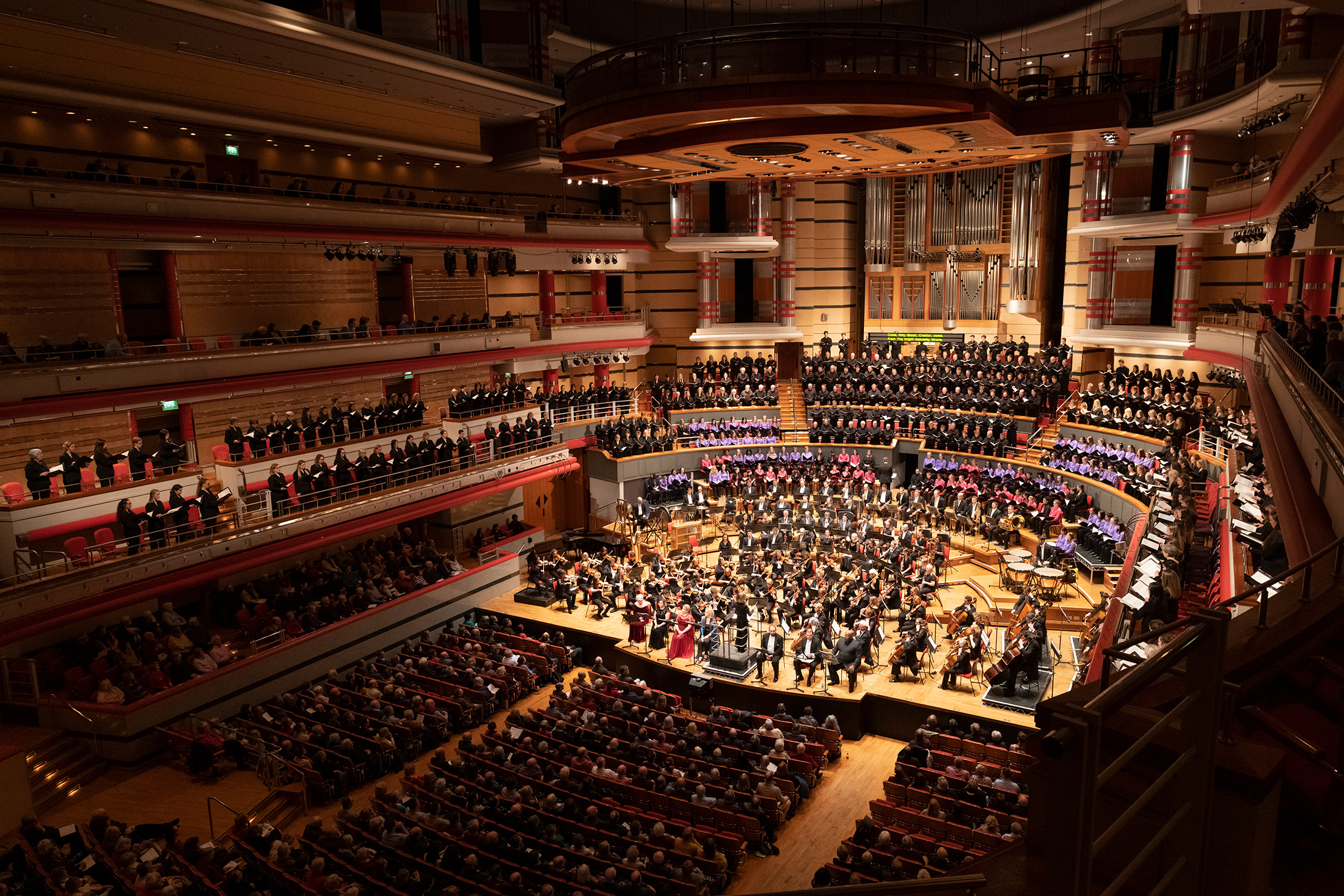A big broadcast classical music festival is about to get underway. Someone call in the clickbait writers to have a poke at the artform. Predictable.
Thursday’s Guardian editorial is a mismatched poke at the classical music world in the UK just as the classical music world gears up for the annual music festival which seeks to celebrate it in all its forms. What predictable timing.
It’s frothy self-loathing masks the writer and sub-editor’s ignorance about the artform, the audiences who love it (for whatever reason), and its psychological effects. It has, inevitably, had classical music afficiandos, artists and advocates up in arms.
A summary of the piece to save time: classical music has been reduced to tackling anti-social behaviour in retail outlets, it’s being overrun by rich people who use it to virtue signal, and the landmark music festival most audiences know classical music by is in danger of being so watered down as to be meaningless.
For some businesses, [classical music] is the aural equivalent of homeless spikes, deployed to shift or subdue targeted undesirables; for the rich, events like the Proms provide status experiences that will convey bragging rights with fellow have-yachts.
The Guardian, 4 July 2019
There’s not a great deal to disagree here with necessarily. The evidence provided isn’t far from the truth. Classical music is often piped into tube station ticket halls and coffee shops and it does have a surprisingly calming effect.
So what?
To describe that act as ‘a grim social function’ means the author of the piece (newspaper editorials are never published with a by-line) is making a class judgment on the art form, elevating it to a rarefied status – an act which is part of the problem classical music (and no other musical art form) continues to struggle with today.
Are there any alternatives solutions for the social problems he or she describes as grim? None appear to be forthcoming.
People who own Royal Albert Hall seats are reportedly reselling tickets, with a pair of stalls seats for the Last Night of the Proms going for about £2,500. Harrods Estates is marketing a 12-seater box in the same hall, available to buy on a leasehold of more than 840 years, for £3m – a snip if you want to avoid rubbing shoulders with cheap-seat plebs.
The Guardian, 4 July 2019
The point about the sale of boxes at the Royal Albert Hall highlights the ignorance of the piece too. Leases on boxes are sold by the Royal Albert Hall (not the BBC Proms) which stages a variety of events throughout the year, of which ‘the world’s greatest classical music festival’ is one. Boxes are therefore ‘owned’ by corporate entities or individuals with considerable disposable income, giving those in the lease agreement access to sporting events, musicals, rock concerts, Carols by Candlelight, the BBC Proms and a great many other things.
That system is part of the Royal Albert Hall’s business strategy (and has been since its inception). That tickets are sold at that price isn’t because of the high value on classical music per se, but on the opportunity that classical music presents for leaseholders to make money out of their Royal Albert Hall asset. I imagine tennis matches go for a similar price. And, if ABBA were to reunite and perform at the Royal Albert Hall, the prices would be even higher.
The unwillingness of many audiences to expose themselves to the shock of the musically new is more acute today because most of the output of Britain’s three classical music radio stations is devised to be unchallenging.
The Guardian, 4 July 2019
Blaming the audience for being ‘unwilling’ to ‘expose themselves’ to the ‘shock of the musically new’ effectively tramples on the work of many of today’s composers who seek to create compelling works of art that delight. If the author knew as much as he or she professed to care about the way the art form was widely regarded, then seeking to support contemporary composers by avoiding the word ‘shock’ would have been a good place to start (though would have demanded more than a few paragraphs in an editorial).
Britain’s three classical music stations are catering for different audiences, go after them aggressively, and present entirely different repertoire. Anybody who has bothered to listen to them would know that already.
Where the BBC Proms is concerned there is an element of truth in the editorial. The season’s broad strategy is to be more ‘inclusive’ and ‘accessible’. That’s something which supports the BBC’s current relentless drive to reach out to more young people in a desperate bid to replenish its audience who it thinks will eventually wither and die.
It has significantly less money because the season is heavily subsidised by the Licence Fee, the financial limits of which have been highlighted once again by the BBC’s announcement it would not be automatically be granting free licences for the over-75s.
The Proms doesn’t delight and excite this year as much as it has done in recent years, and that is a disappointment. But anyone who ‘laments’ the state of the season by dismissing it as ‘easy listening’ clearly has spent as much time flicking through the season brochure as they have done event skim-reading the press release sent out by the BBC on launch day.
I’m not in the business now of defending my former employer. Not any more. There’s a lot wrong with it. A lot of its faults are down to a range of spectacularly inept individuals who work there. The Corporation and its activities deserve to be held to account and its endeavours scrutinised and contextualised. And if there’s something that absolutely needs to have closer attention paid to it this year its the way in which the artform is contextualised in its presentation.
But the Proms is, arguably, one of the constants which has maintained classical music. That people want to and are able to spend lots of money in order to be present in a box at a concert demonstrates the art form’s appeal for a particular audience demographic and therefore the Proms success at raising awareness.
Listen to BBC Music Commissioning Editor Jan Younghusband introduce this year’s BBC Proms TV coverage in the Thoroughly Good Classical Music Podcast.



